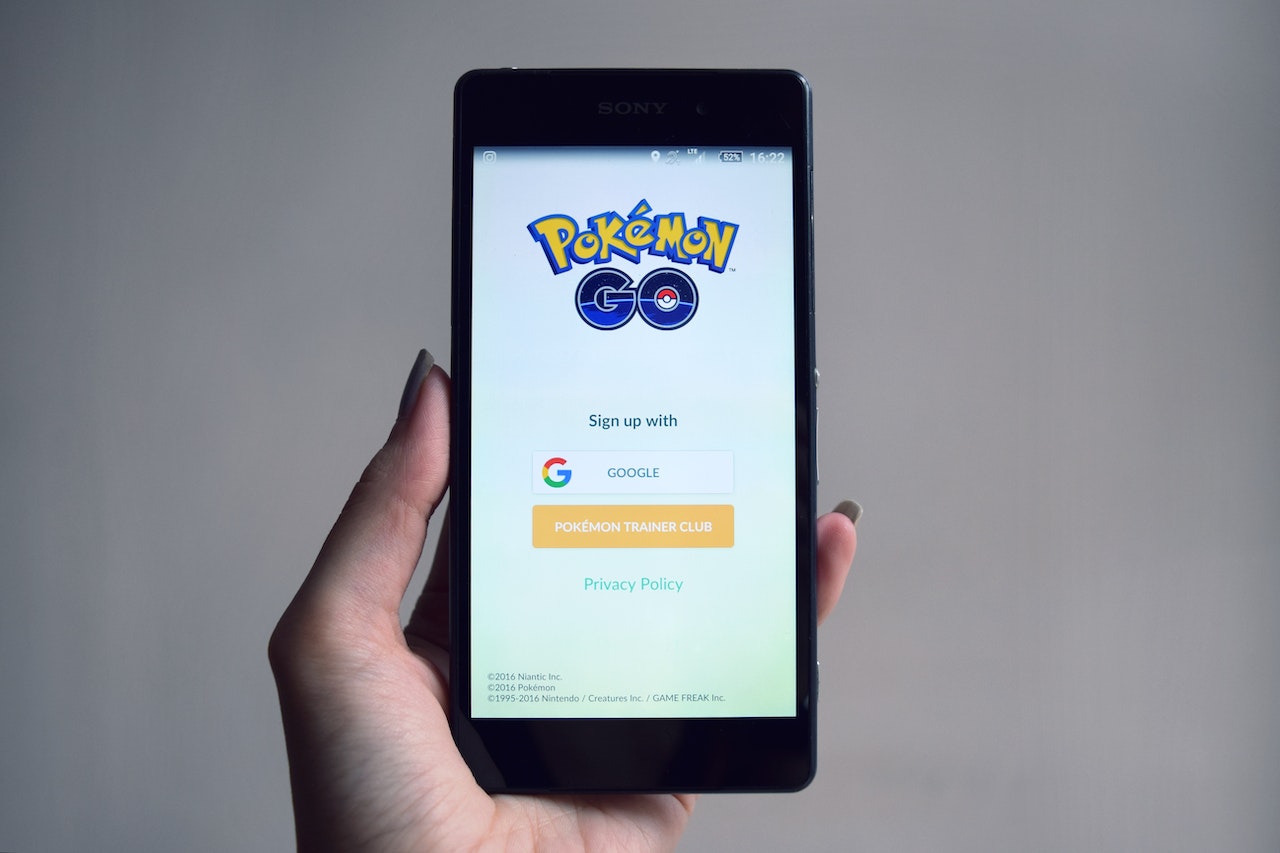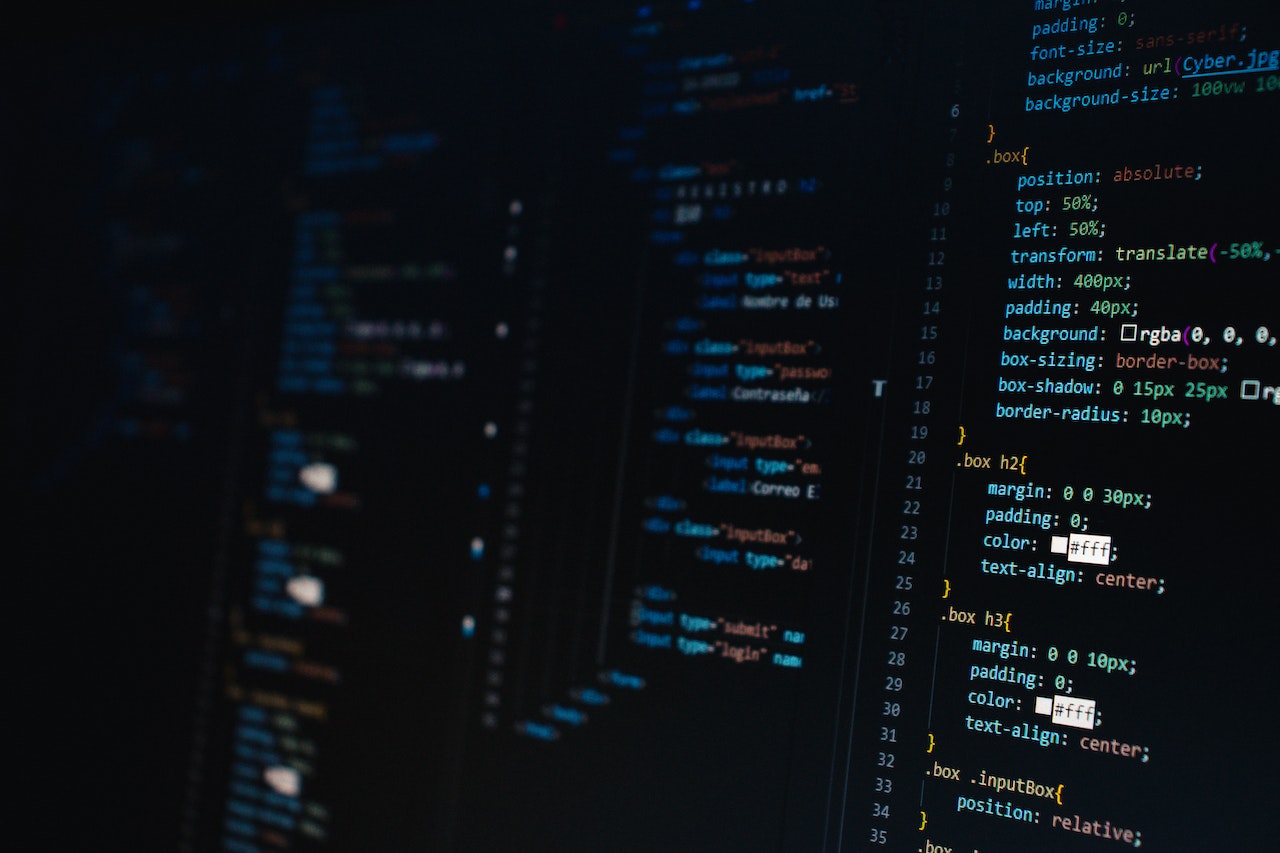The Simplest Programming Languages: A Detailed Overview
Publié le

Publié le

RemoteScout24 · Publié le 2021-12-28 21:54:16.0
RemoteScout24 · Publié le 2021-12-28 21:54:16.0
RemoteScout24 · Publié le 2021-12-28 21:54:16.0
RemoteScout24 · Publié le 2021-12-28 21:54:16.0



